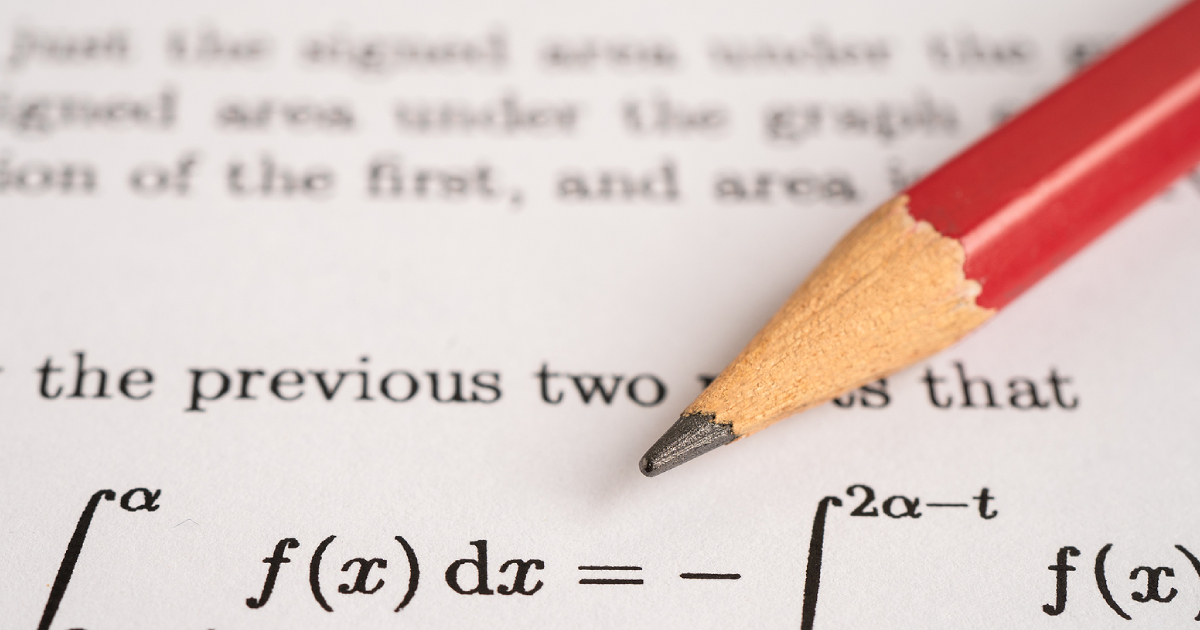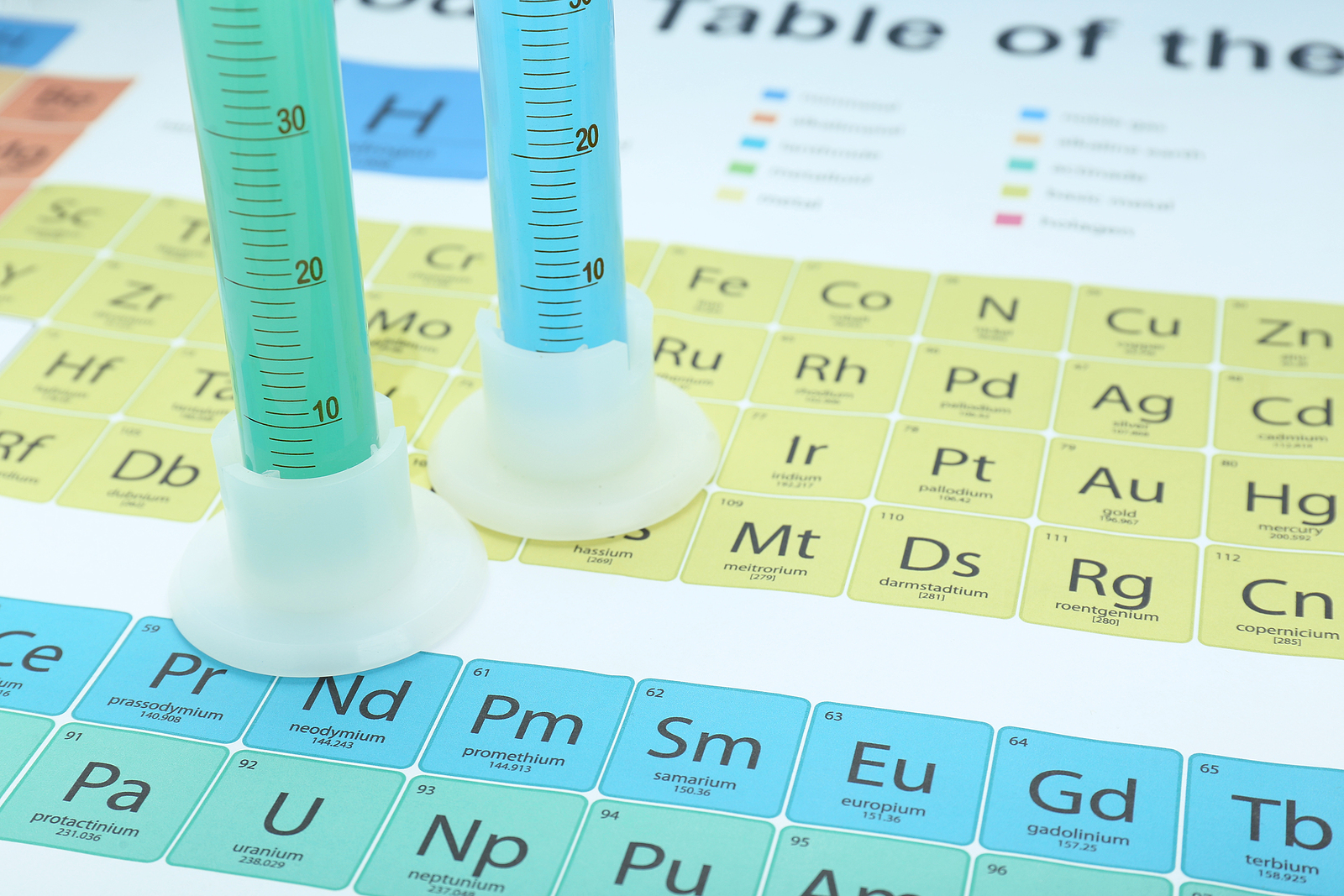Preparing for O-Level Additional Mathematics (A-Math) can feel like climbing Mount Everest – challenging, overwhelming, but ultimately achievable with the right game plan. Whether you’re aiming for a distinction or just trying to pass confidently, a solid, consistent revision strategy can make all the difference. And the good news is, you don’t need to spend every waking moment buried in textbooks. With some smart planning and discipline, you can create an A-Math revision study plan that actually works.
Here’s a tried-and-tested plan to help you make the most of your revision time.
Start by understanding your current standing
Before diving into full-on revision mode, it’s important to evaluate where you currently stand. Go through your past exam papers, class tests, and topical worksheets. Are there certain chapters that consistently trip you up, like trigonometric identities or differentiation? On the flip side, which topics do you feel relatively confident in?
Make a checklist of all the A-Math chapters and rate your confidence level for each one (e.g. 1 = totally lost, 5 = very confident). This helps you prioritise your time and focus more on the weaker areas.
Set specific weekly goals (not just vague ones)
Saying “I’ll study more A-Math this week” is vague and not particularly useful. A better approach? Break your revision into smaller, bite-sized weekly goals.
For example:
- Week 1: Focus on indices, surds, and polynomials
- Week 2: Target quadratic functions and inequalities
- Week 3: Tackle differentiation and integration
Be realistic about your time. If you have other commitments like CCA or family obligations, plan around them. Even three well-spent 45-minute revision sessions a week can add up quickly if done consistently.
Master one topic before moving on to the next
Jumping from topic to topic without a clear plan can confuse you more than help. Focus on mastering one chapter at a time. Start by reviewing your class notes, then move on to practice questions from school worksheets, assessment books, or Ten-Year Series (TYS) papers.
After a few rounds of practice, test yourself under timed conditions. If you’re still struggling, revisit the concept through worked solutions or tutorials. This depth-over-breadth strategy ensures your foundations are solid.
Keep a “mistake log” and review it weekly
One of the most effective revision habits to cultivate is keeping a log of mistakes. Every time you get a question wrong (be it from a practice paper, school test, or tuition worksheet) write it down. Note the topic, the type of error (careless mistake, conceptual misunderstanding, wrong method), and what the correct approach should have been.
Review this log every week. You’ll begin to see patterns in your errors, which allows you to address the root causes. This habit is especially helpful for topics that carry heavy weightage, such as calculus or logarithms.
Use the power of spaced repetition
Rather than cramming all your revision into one weekend before your exam, spread it out over weeks. Spaced repetition is a proven method that enhances long-term retention. After learning a topic, revisit it a few days later, then again after a week, and once more before your exams.
Create a revision calendar that revisits old topics periodically while also introducing new ones. This method ensures older topics don’t slip through the cracks as you progress through your study plan.
Don’t underestimate timed practice papers
Nearer to the exams, about two months out, you should start attempting full papers under exam conditions. Set a timer, remove distractions, and go through the entire paper as if it were the real thing. This helps you build exam stamina, time management skills, and confidence.
Afterwards, go through your answers carefully. Check your workings, mark the paper honestly, and use your mistake log to track areas needing more attention.
Make use of quality resources
It’s not about having the most resources, but the right ones. The Ten-Year Series, assessment books tailored to Singapore’s O-Level syllabus, and worked solutions from reliable sources are great starting points.
Many students also benefit from attending O-Level A-Math tuition in Singapore, where they can access structured lessons, practice materials, and personal guidance from experienced tutors. If you’re finding it tough to study on your own, tuition could provide the boost you need.
Stay consistent, not perfect
You don’t need to be perfect every single day, just consistent. Even if you miss a day or two, don’t give up on your plan. Just pick it back up where you left off. Progress is rarely linear, and that’s completely normal.
Reward yourself when you hit your milestones, whether that’s finishing a challenging topic or scoring better in a mock paper. Small wins keep you motivated and focused.
Get the right support when needed
Studying for O-Level A-Math doesn’t have to be a solo journey. With the right guidance and structure, students can build confidence in their abilities and improve steadily. At Studious Minds, we believe in helping students discover what works for them. Our goal is to make learning more efficient and less stressful, especially when it comes to challenging subjects like A-Math.
If you’re looking to level up your revision game and need expert guidance, come join us at Studious Minds, we’re here to help you succeed, every step of the way.










